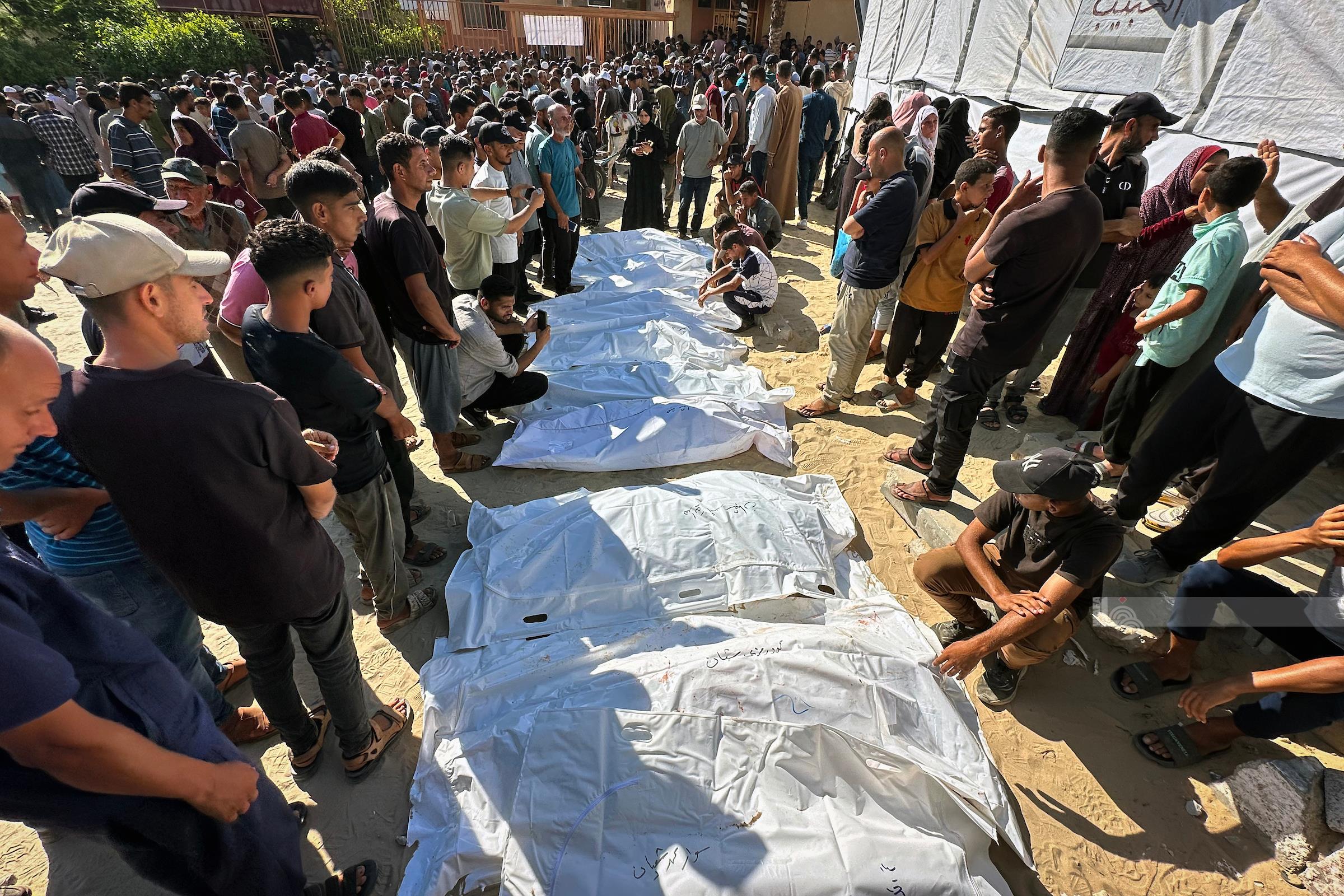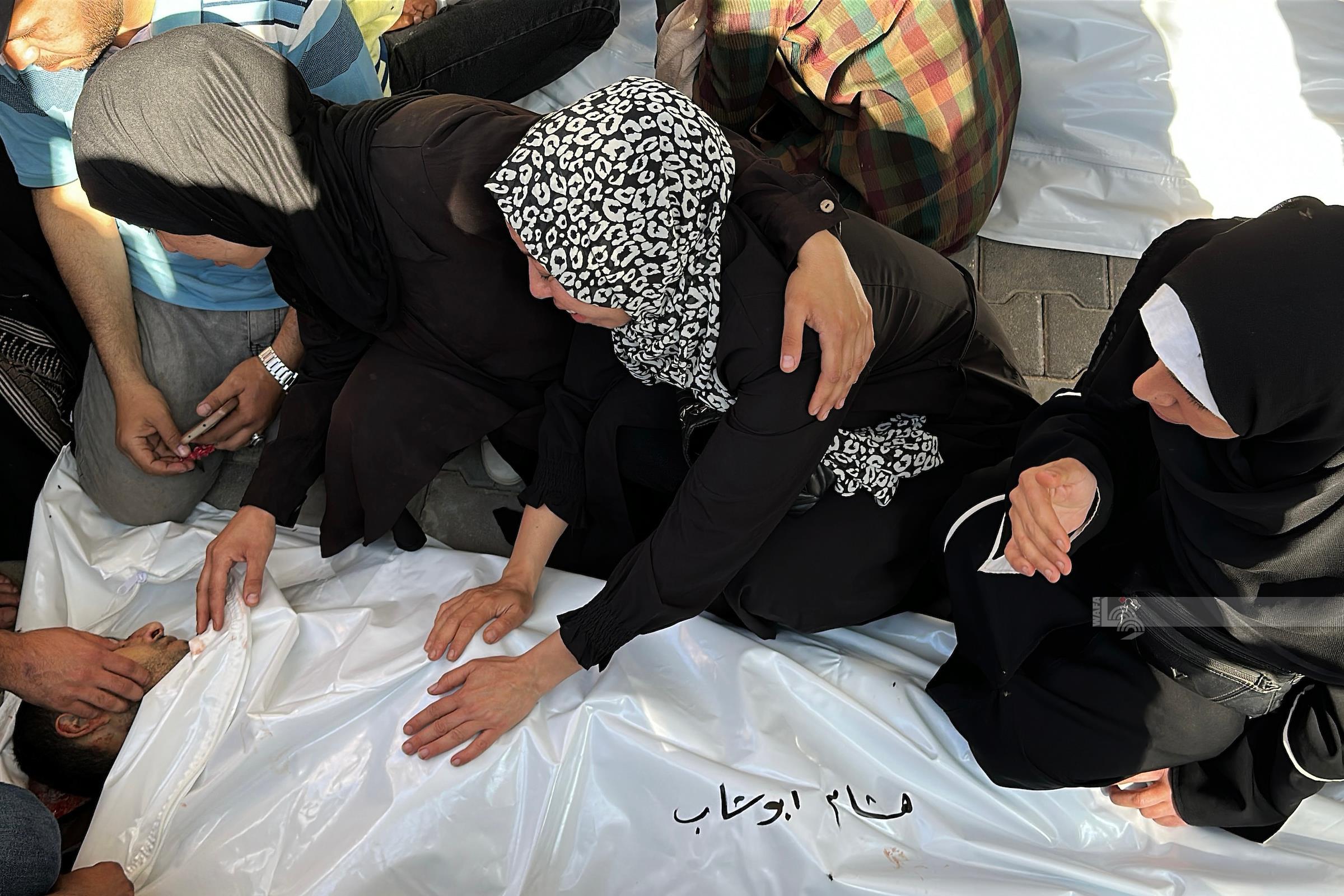Presenting that figure, the President of the Palestinian Economic Council for Development and Reconstruction, Mohammad Shtayyeh, pointed that the cost in human terms could not be measured. Particularly disturbing was the loss of civilian life and the scale of destruction, over 1,300 Palestinians had been killed, some 40% of them women and children. Living conditions in the Gaza Strip were inhuman by any measure. Thousands were now homeless and much of the population remained without electricity, heat or running water.
'We need to be able to get things into Gaza before we can even dream of repairing the damage that has been done,' said Rosemary Willey-Al'Sanah, Field Coordination Unit Manager of the Office for the Coordination of Humanitarian Affairs (OCHA) for the Occupied Palestinian Territories in Jerusalem. With limited supply of basic goods and high prices, to buy a bag of cement was a major enterprise in Gaza right now. The impact of the blockade was that 98% of businesses in Gaza were now closed and most jobs lost. Deterioration of water supply and water services could be attributed to the lack of spare parts.
During the Gaza war, some 1.4 million people had been vulnerable and unprotected, 'to the extent that people were killed at [United Nations Relief and Works Agency for Palestine Refugees in the Near East (UNRWA)] shelters', she continued. Residential buildings, United Nations property, UNRWA schools, OCHA offices and WFP warehouses were among the targets. In short, there was 'a lot to do in Gaza', including rebuilding walls and getting rid of unexploded ordinance, providing health services and psychological care.
Speaking on the basis of their personal experiences, speakers identified the safety and well-being of citizens, difficulties in removing the rubble, the lack of services and shelter, aid dependence and the loss of farm lands to Israel's buffer zone and assistance to the farmers among the main challenges in Gaza. Also stressed in the discussion was the need to coordinate the assessment efforts.
Presentations were also made by Hussam Tuqan, Coordinator of medical care provided to Palestinians injured in Gaza and hospitalized in Egypt; Gerard Peytringnet of the International Committee of the Red Cross (ICRC), Cairo; Christine van Nieuwenhuyse, Head of the World Food Program (WFP) Office in Jerusalem; and Ahmed Sourani, Director of Projects and External Relations, Agricultural Development Association, Gaza.










